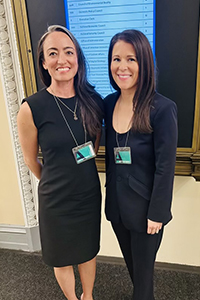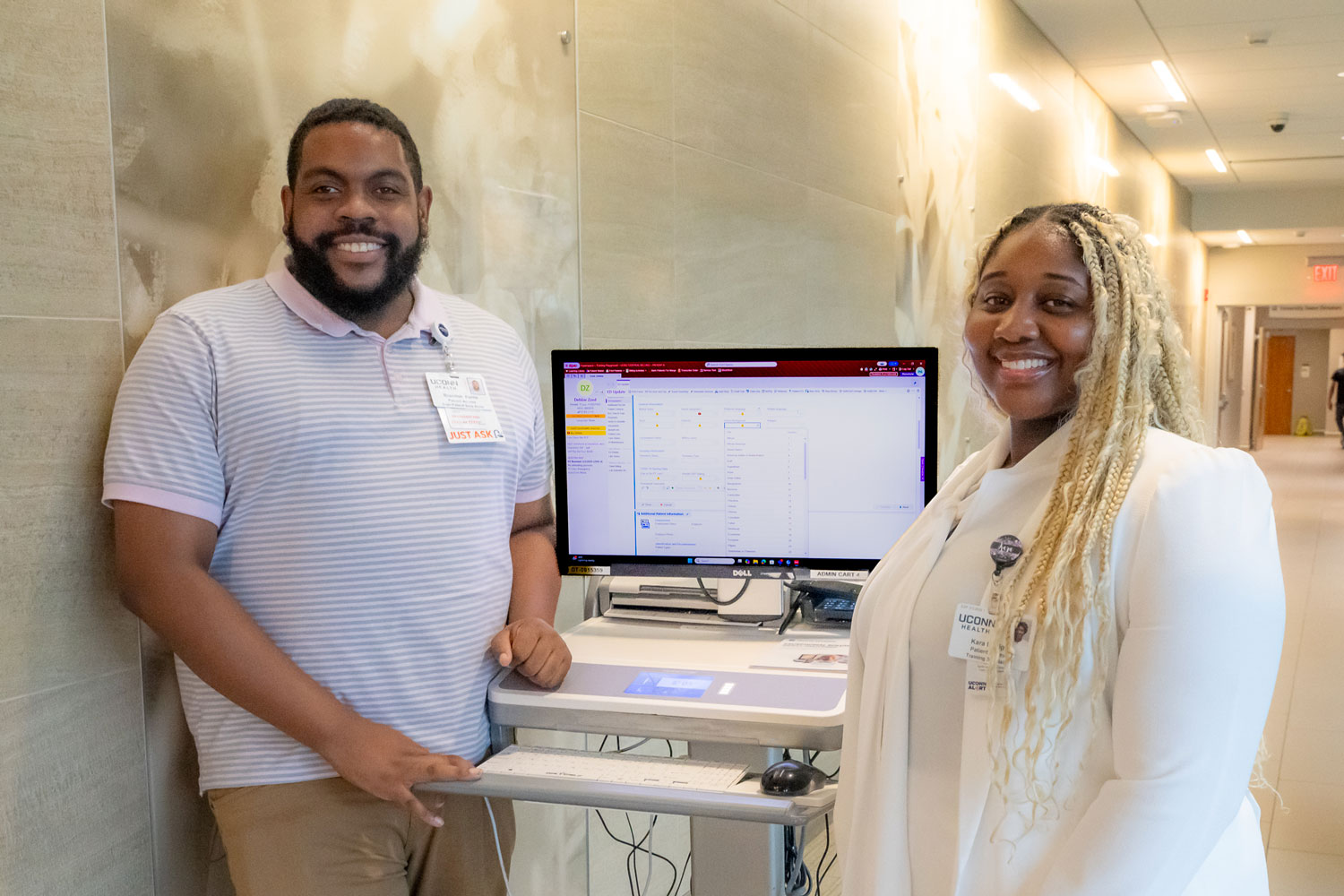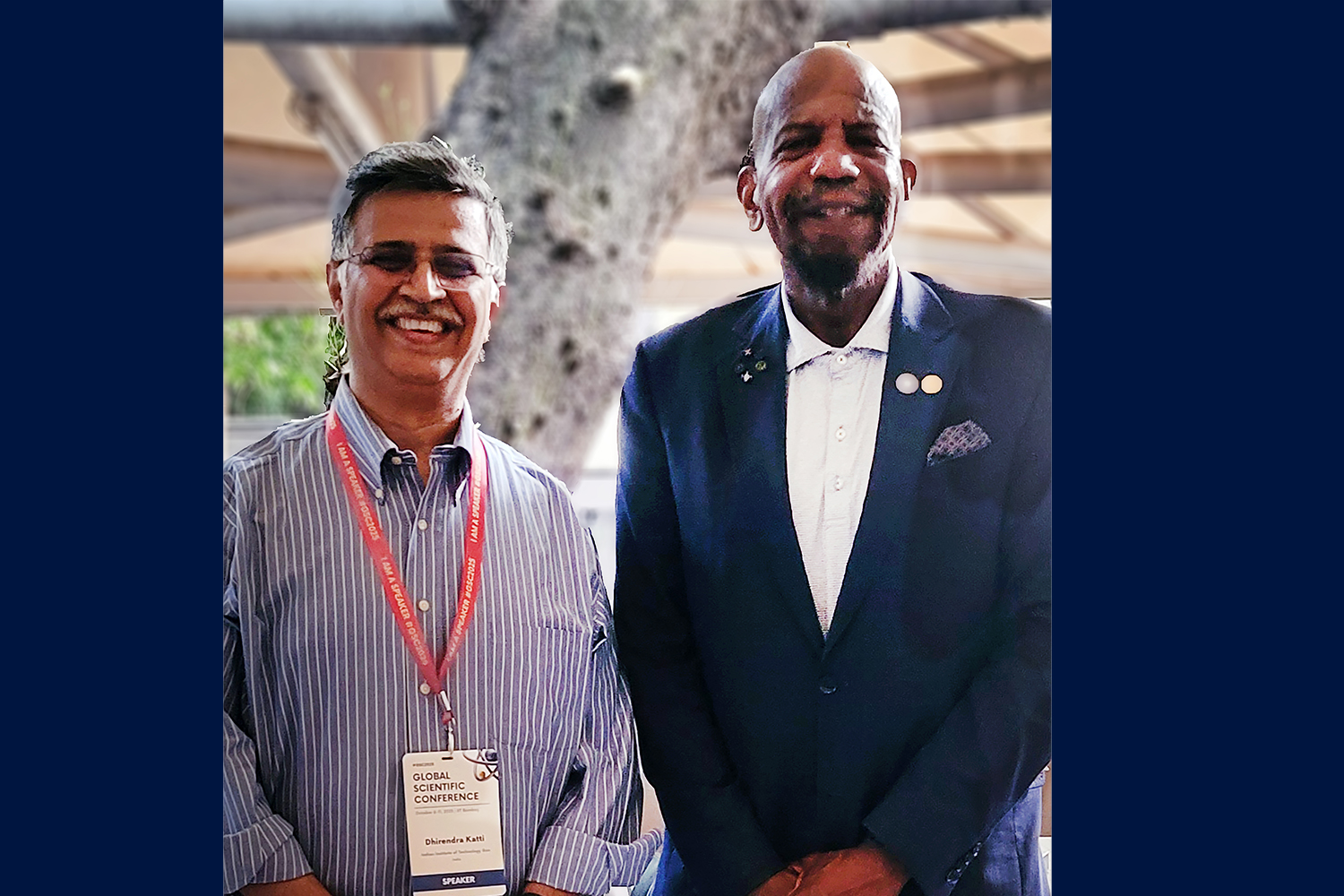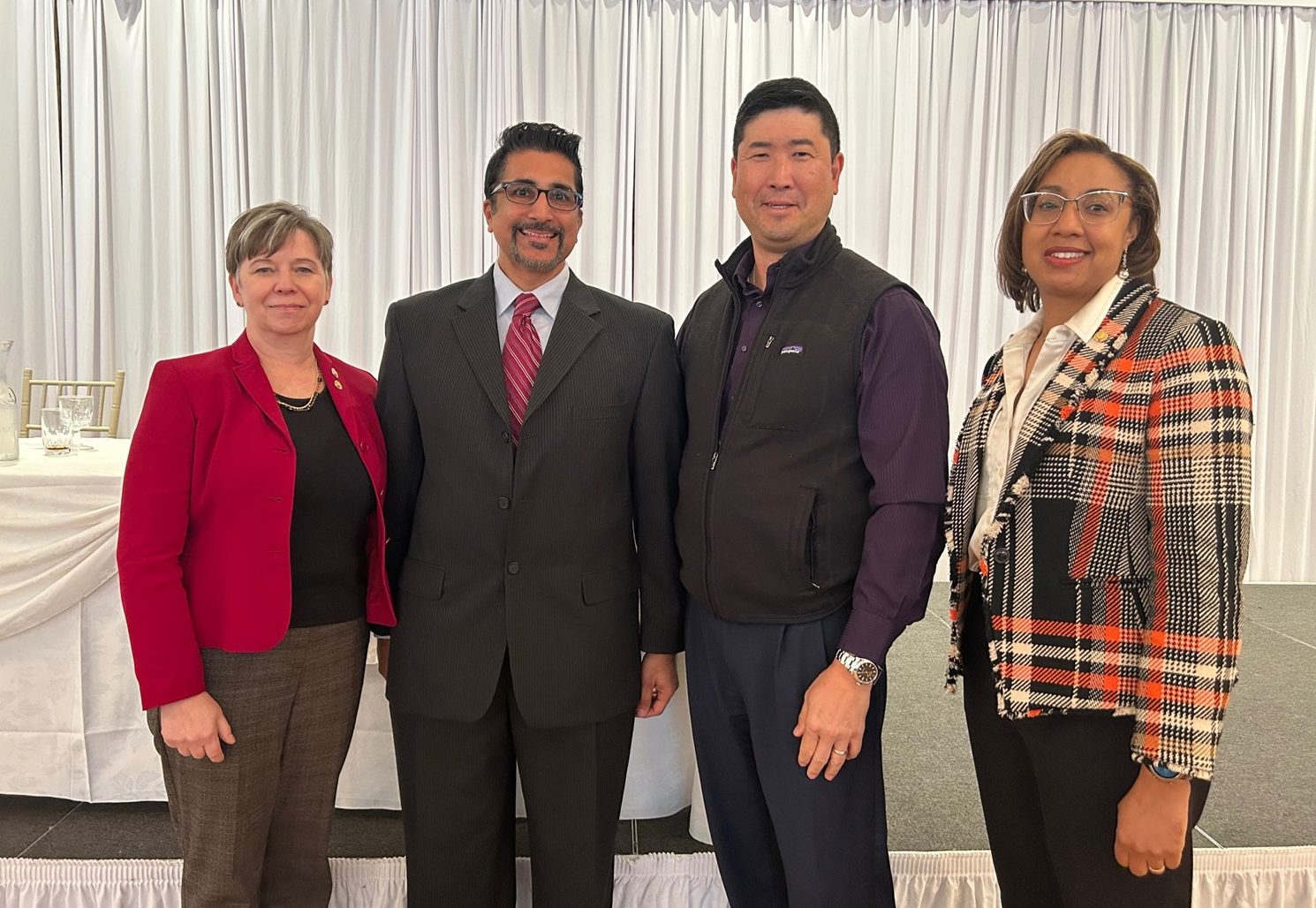White House Taps Expertise of Professor Plesko and Two UConn Alumnae
Accounting Professor George Plesko along with two UConn Ph.D. graduates, now professors in their own right, traveled to Washington, D.C. last month to present the results of their highly regarded corporate tax research to the White House Council of Economic Advisors.
Plesko, who has served on IRS advisory panels for more than 30 years, has regularly participated in policy discussions with Congressional and Treasury experts.

But this presentation was particularly memorable because it was conducted jointly with UConn accounting alumnae Danielle Higgins Green ’13 Ph.D., a professor at the University of Illinois Urbana-Champaign, and Erin Henry ’14 Ph.D. professor at the University of Arkansas.
“It is always a pleasure to have your research recognized by people in policy design and analysis,’’ Plesko said. “But it was especially gratifying to share this experience with former students given the profile of the audience.”

The researchers, who also included Caitlin McGovern of the IRS, discussed the findings from their recent work, “The Demographics of the CAMT: Insights from Tax Return Data,’’ which was published in June in the National Tax Journal. The lunchtime meeting took place in front of some 20 members of the Council and its staff at the Eisenhower Executive Office Building, adjacent to the West Wing of the White House. The Council advises the president on economic issues, including tax policy.
The study examined the potential effects of the Corporate Alternative Minimum Tax (CAMT) which was enacted in 2023. The law was designed to close tax loopholes that allow some corporations to significantly reduce their federal income tax liability. The government estimated that the law could affect 150 of the world’s largest companies and add more than $220 billion to U.S. government coffers over 10 years. Plesko and his co-authors found that CAMT revenues could vary significantly from year to year owing to changes in the demographics of the affected firms.
Latest UConn Today
- Collecting More Race, Ethnicity, Language DataMeet some of the team behind UConn Health’s effort to improve health care quality, address patient disparities with more REL options
- UConn Pharmacy Student Receives the Gateway to Research AwardKayla Barca, a fifth-year Pharm.D. student, has received the Gateway Award from the American Foundation for Pharmaceutical Education (AFPE) for her research in opioid use disorder. With the support of her mentor, Gregory Sartor (Ph.D.), Kayla has excelled both in the classroom and laboratory, evidenced by this prestigious award.
- UConn Health Minute: Comfort in 3DEven a simple skin procedure can make someone a little nervous. At UConn Health, a new study is helping patients find calm in an unexpected way – through virtual reality. Fourth-year UConn medical student Avni Jain initiated the study starting in UConn Health’s dermatology clinic.
- Training Program Delivers Resources to Reduce Social Isolation Among SeniorsSocial isolation is a growing health concern that disproportionately impacts older adults. Researchers at UConn, Johns Hopkins University, and Brown University have designed cost-effective resources to reduce it
- UConn Professor Sir Cato T. Laurencin Delivers Plenary Lecture at the ACS Global Scientific ConferenceLaurencin traveled to Mumbai, India to serve as the Plenary Speaker at the American Chemical Society (ACS) Global Scientific Conference.
- UConn Creates Family Medicine LeadersThree graduates of UConn School of Medicine elected leaders of the American Academy of Family Physicians and its Connecticut Chapter.












